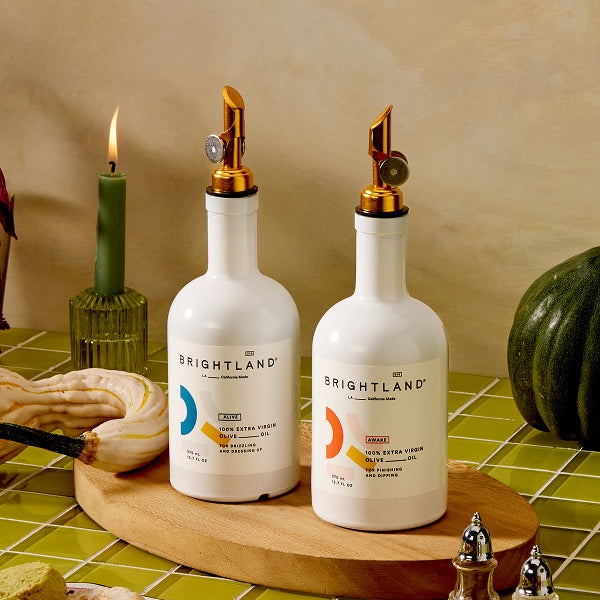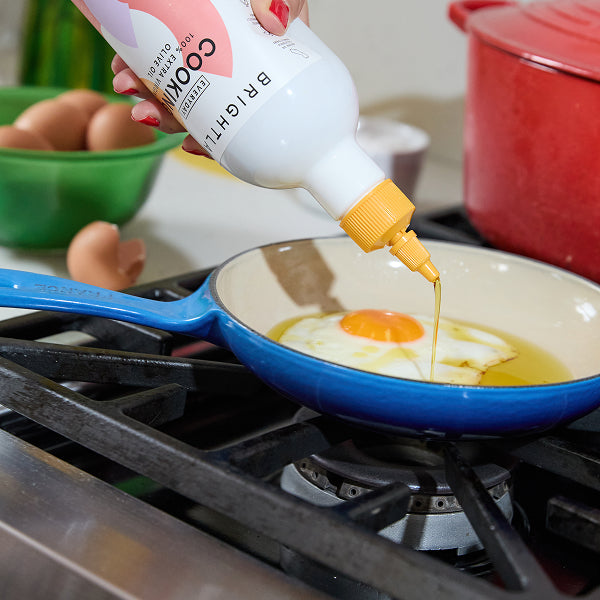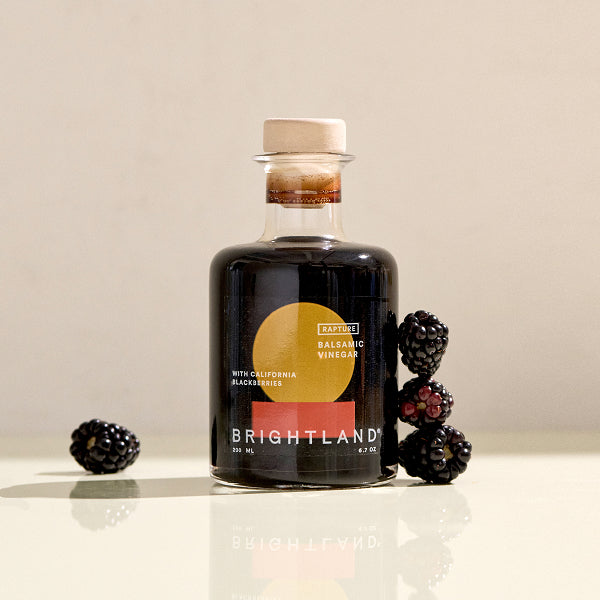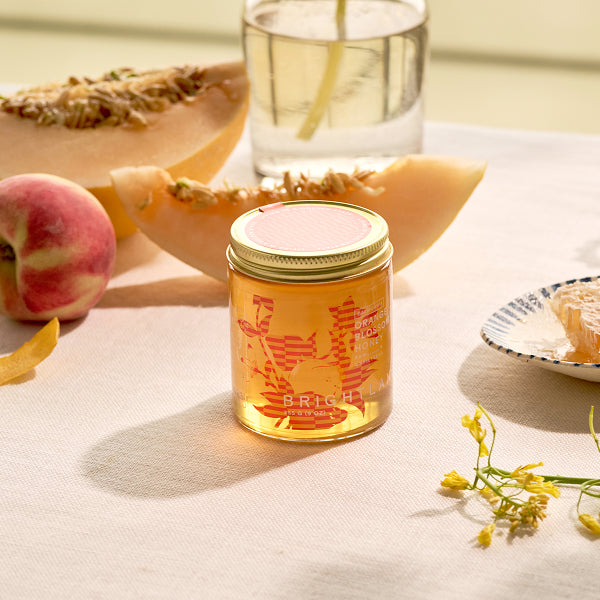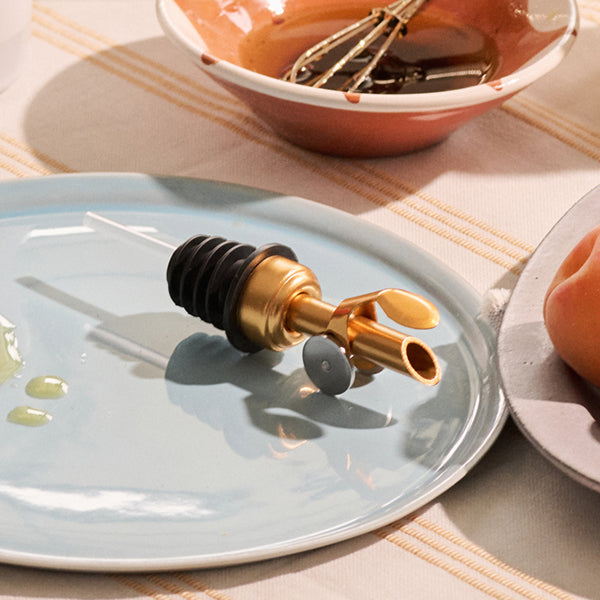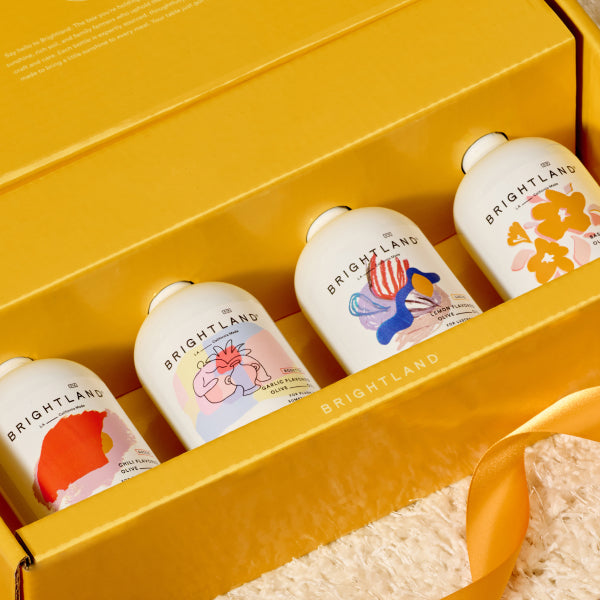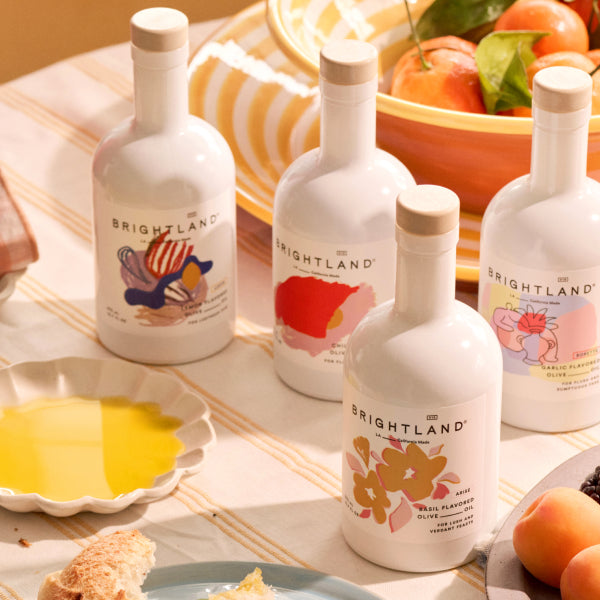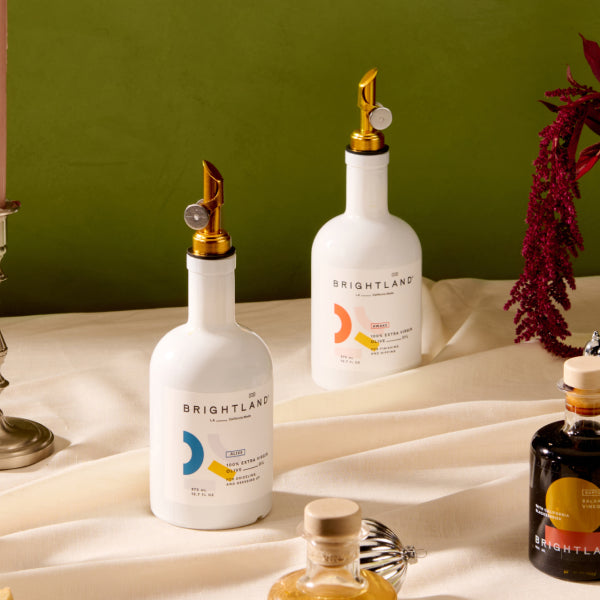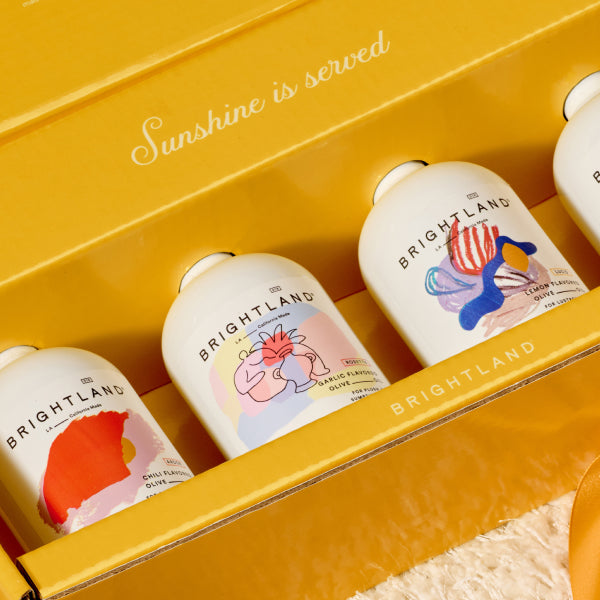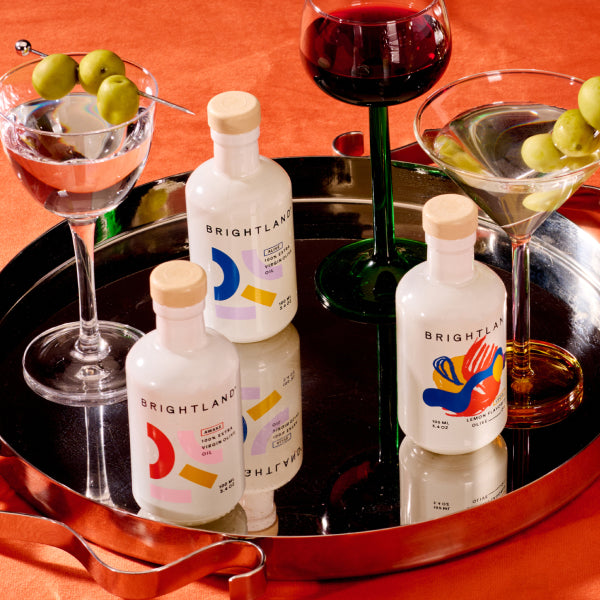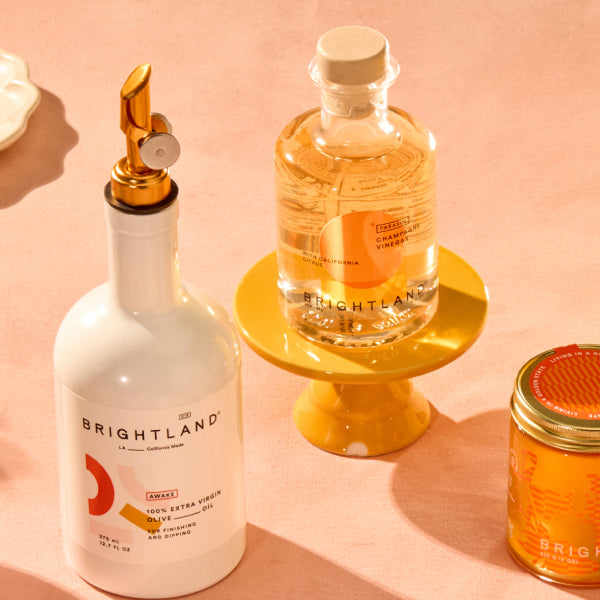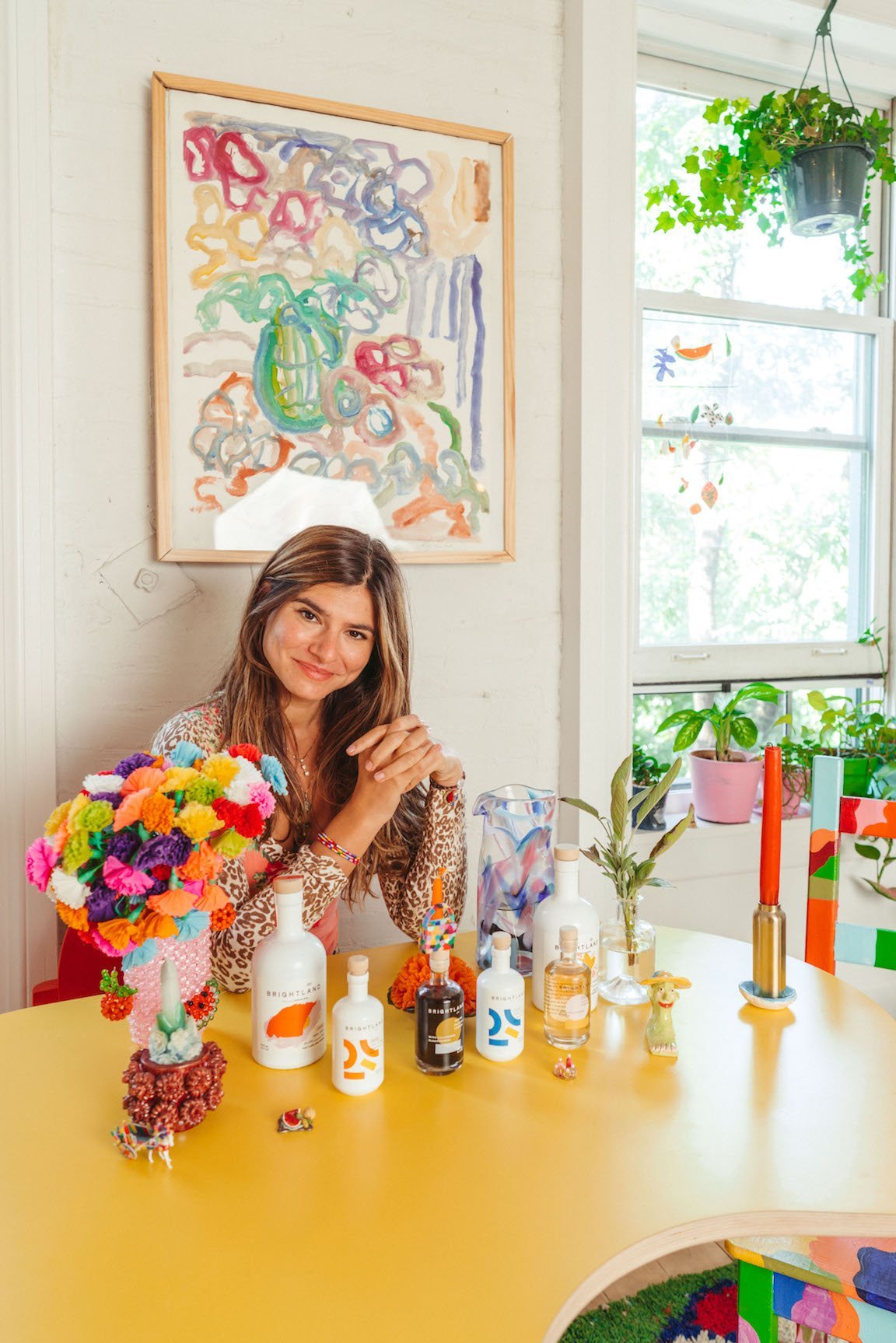Welcome to our Natural Wine 101 with wine expert Katherine Clary, creator of The Wine Zine and author of Wine, Unfiltered. Even if you have not personally tried a glass of natural wine, chances are you have probably heard about it. We wanted to learn more about what it actually means for a bottle of wine to be "natural". We asked Katherine all our questions about it, and got some seasonal wine tips and pairing recommendations for Thanksgiving. Read on for clarifying answers and tips on natural wine, and let us know if it persuades you to try some!
[close type="rte"] [carousel] [open type="rte"]
What is natural wine and how is it different from conventional wine?
You'd be forgiven for thinking all natural wine is cloudy and weird - it's not! It can range from something more experimental and cloudy (from being unfiltered) to something more refined and traditional: there is a whole spectrum of natural wine and ways to make it. It's both a method and a style of winemaking that happens in the vineyard and the cellar. While legally undefined (at least in the United States), there is a general consensus on what makes a natural wine: it starts with working with grapes that have not been sprayed with synthetic pesticides or herbicides, and then involves some very hands-off (or old-world) methods of making the wine once the grapes get out of the vineyard: incorporating little to no sulfites, minimal fining and filtering, and using indigenous or native yeast are generally the bare minimum.
I try not to get too black and white with natural vs. conventional (because there are some conventional winemakers who are working organically, or using minimal sulphur) but when we talk about most conventional wine in the United States, we're referring to wines that are made using grapes that are sprayed with synthetics, have a lot of sulfites added, are heavily fined and filtered, and use cultured or inoculated yeast. Wine in the US is legally permitted to have over 150 additives added to alter the body, flavor, or color of the wine - resulting in a pretty different product than what we consider natural wine to be.
Is natural wine better for the environment?
There are a lot of answers to this question! In general, a monoculture (where only one crop is grown on a large amount of land, with little biodiversity) is not a positive thing for agriculture. Grapes are certainly a monoculture, but most natural winemakers strive for biodiversity in their vineyards and incorporate other plantings (flowers and herbs are common) in or around the vineyard. Also, by limiting their use of sulfites, or sulfur dioxide, natural wine may have less of an impact on the environment because this substance is mined. There is also the likelihood that a natural winemaker is working to regenerate her soil through methods like biodynamic farming, rather than taking away from it by adding harmful chemicals. Overall though, wine is an environmentally-intensive product to make, ship, and sell, and we should all be mindful of that. I'm excited to see how we'll continue to incorporate safer and more sustainable methods throughout the entire chain.
 [close type="images"]
[open type="rte"]
[close type="images"]
[open type="rte"]
What wines are you excited about for fall?
I'm excited to start drinking some red wine that isn't super crushable now that we're getting into cooler temps on the East Coast. Something with a little more heft that drinks well with an hours-long stew or heavily spiced vegetables - like this Tempranillo by Ferdinand Wines or this Trebbiolo by one of my favorite winemakers, Elena Pantaleoni of La Stoppa. I also love a sparkling red in the winter - my favorite for a couple years now has been 'Gragnano Rosso Frizzante' by Poggio Delle Baccanti. It's rich but rustic and has a nice fizz (and zero sulfur, if that's your thing!)
What wines are you serving at Thanksgiving this year (and what are you planning on cooking?)
I'm pouring a couple New York wines around the holidays this year and trying some new things in the kitchen: rack of lamb, for starters. I might try to make my first galette, which I hear is very easy but I'm terrified of baking. Some of my favorite New York winemakers just released their new vintages and I've hid them away for the holidays: Bloomer Creek's 2018 'Vin d'Ete' (if you think you don't like Merlot, try this), Floral Terranes 2019 'Cabernet Sauvignon #2', and Liten Buffel's 2018 'Mother Makes Glucose', which is a sparkling blend of grapes, pear, and honey: really nice for either the start of the evening or end of the night!
 [close type="images"]
[close type="images"]

